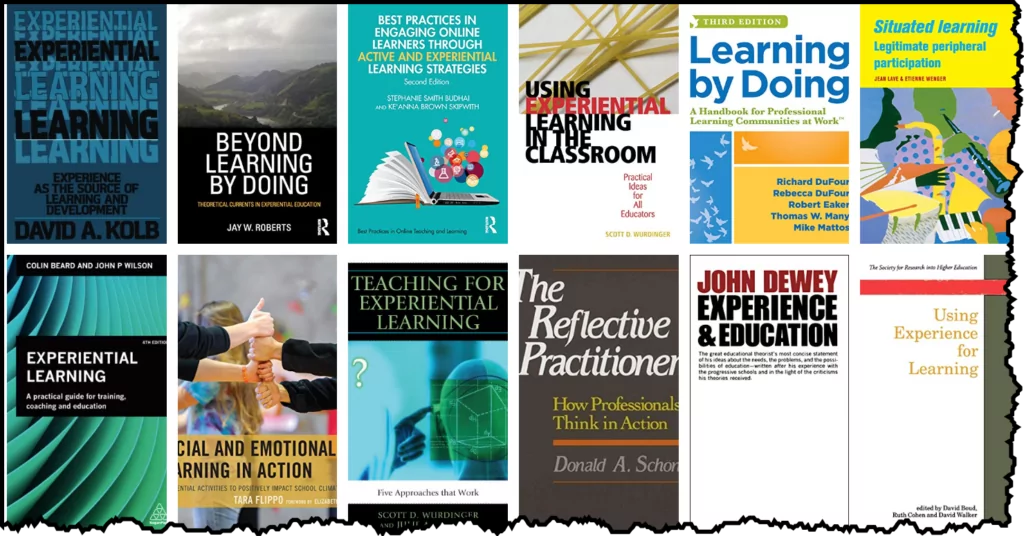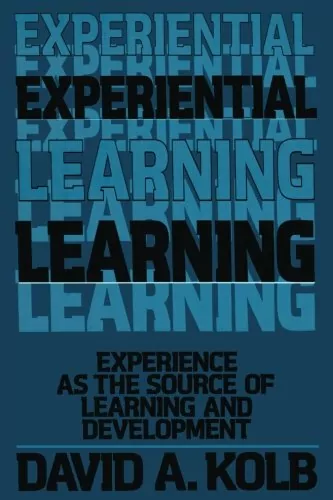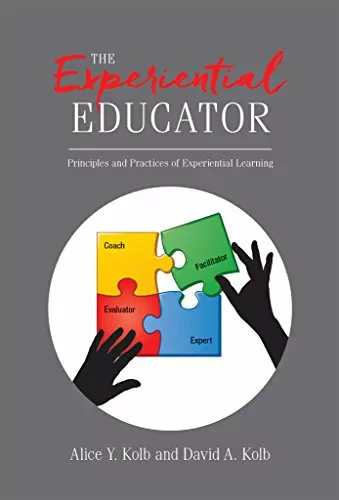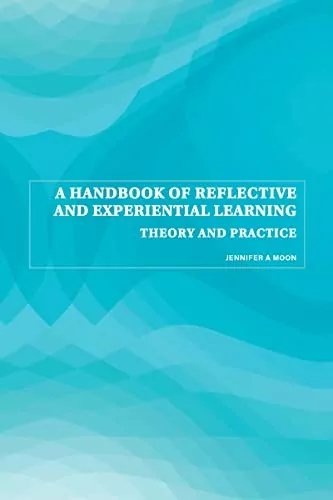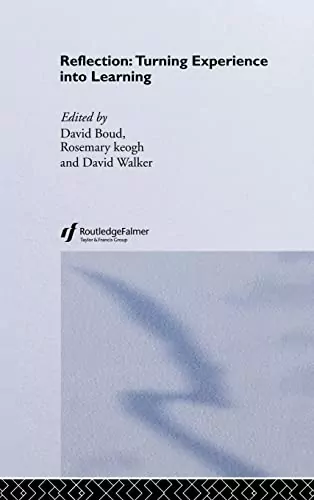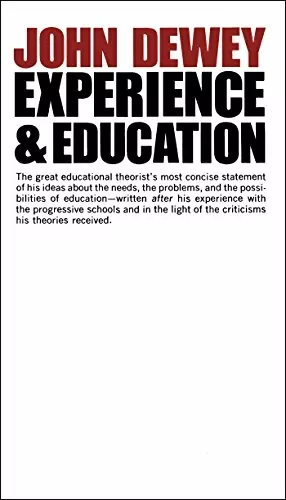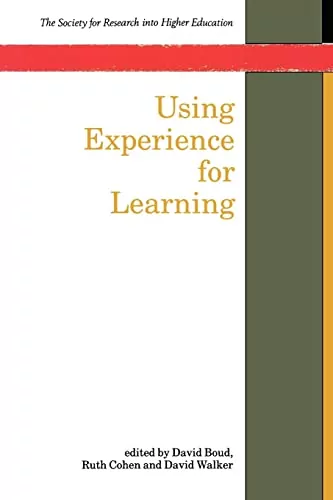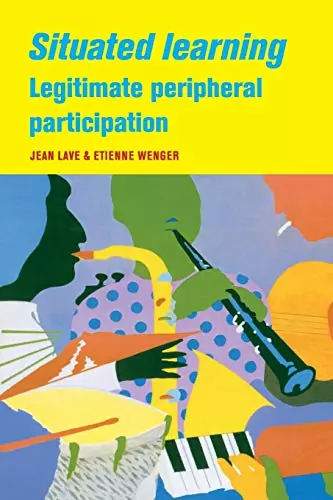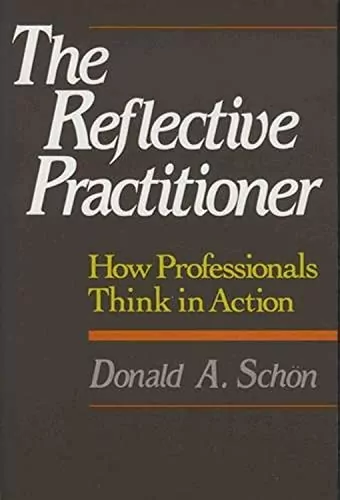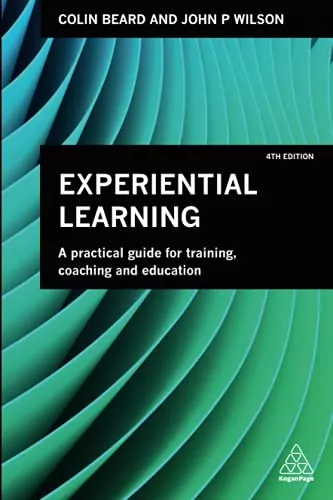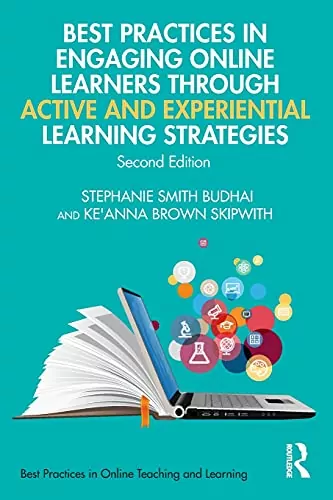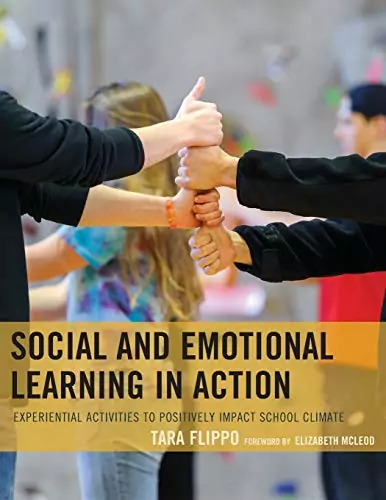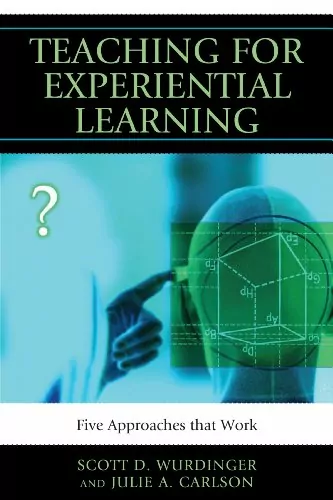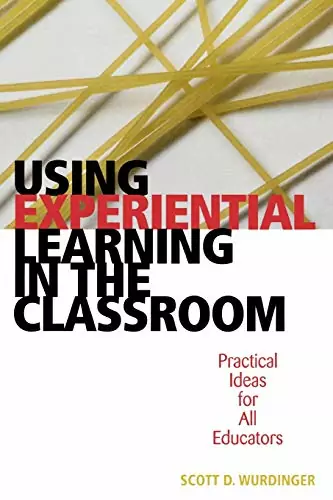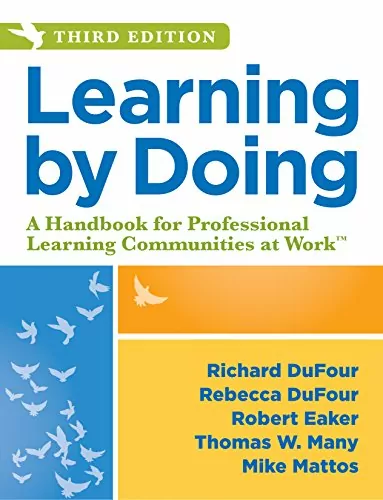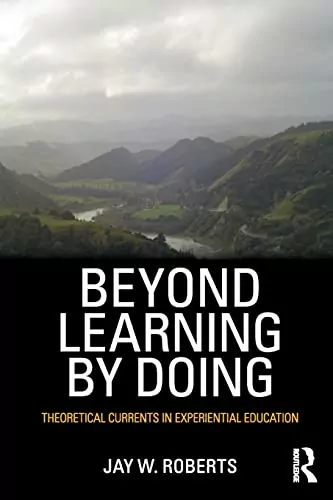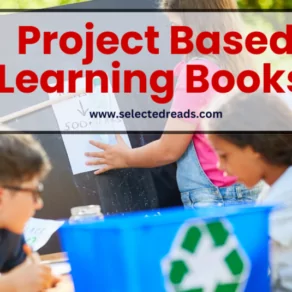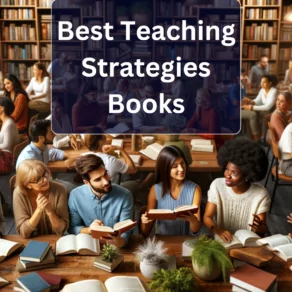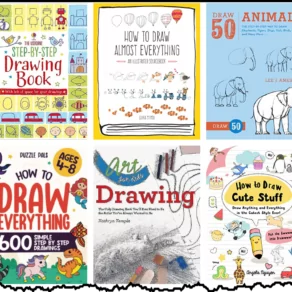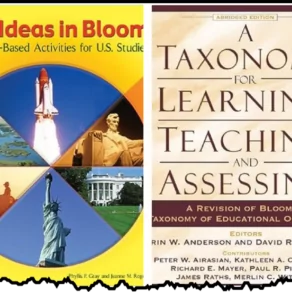Experiential learning books is the topic of our blog post today!
Experiential learning is not just a trend or buzzword in the educational realm; it’s a profound and transformative approach that has been reshaping the way we understand and facilitate learning. Rooted in the belief that learning is most effective when grounded in real-world experiences, this concept is something that teachers, educators, and even lifelong learners need to comprehend and weave into their instructional practice.
After extensive research into the foundations and applications of experiential learning, I’ve crafted a series of posts to shed light on this essential topic. This particular blog post focuses on a carefully curated collection of books that delve into experiential learning, a subject that I believe should be on every educator’s radar.
The fruit of this laborious exploration has also led to two other significant pieces that complement this collection: an annotated bibliography on experiential learning, providing detailed insights into essential readings, and a specially crafted post titled “Experiential Learning Simply Explained,” which breaks down the concept for anyone new to the subject.
Together, these resources offer a comprehensive guide to understanding and implementing experiential learning in various educational settings. Whether you’re a seasoned educator looking to innovate your teaching methods or a new teacher eager to engage your students in meaningful ways, this compilation is designed with you in mind.
Experiential Learning Books
Here are some interesting experiential learning books to consider:
1. Experiential Learning: Experience as the Source of Learning and Development, by David A. Kolb
In “Experiential Learning: Experience as the Source of Learning and Development,” David A. Kolb presents a vital examination of experiential learning, a concept grounded in the realization that genuine learning stems from direct experience. This extensively revised edition builds upon the original work, incorporating three decades of subsequent research and practice.
Kolb’s detailed exploration draws from the fundamental ideas posited by influential thinkers like John Dewey, Kurt Lewin, Jean Piaget, and L.S. Vygotsky. He crafts a comprehensive structural model that unearths the underlying dynamics of the learning process, presenting an invaluable typology of individual learning styles. The relationship between these learning styles and various academic disciplines and careers is explored with finesse.
Beyond mere theory, this work examines real-world applications of experiential learning, offering insights into its relevance in higher education, professional training, organizational development, and lifelong learning arenas.
For anyone committed to nurturing more effective learning experiences, this book stands as an indispensable resource. Its combination of theoretical depth and practical insight makes it a must-read for educators, trainers, and scholars alike. It’s one of those seminal works that I’ve often referred back to in my own research and writing on educational technology, and it has significantly shaped my understanding of how hands-on, real-world experiences can transform the learning process.
2. The Experiential Educator: Principles and Practices of Experiential Learning, by Alice Kolb and David Kolb
This comprehensive book by Alice and David Kolb delves into the philosophy and practice of experiential learning. Drawing on foundational theories from renowned scholars like William James and Paulo Freire, the authors dissect the concepts of the learning cycle, learning style, and the connections between experiential learning and brain function. They offer insights on the spiral of learning and how it leads to personal development, learning identity, and mindful deliberate learning.
The book provides a rich resource for educators, coaches, and organizational leaders, detailing how to create hospitable and challenging learning spaces, sustain lifelong learning, and teach around the learning cycle. For someone who is vested in education and personal development, this book could be an invaluable guide to applying experiential learning principles in various educational settings.
3. A Handbook of Reflective and Experiential Learning: Theory and Practice, by Jennifer A. Moon
Jennifer A. Moon’s handbook serves as an essential guide to understanding reflective and experiential learning. It explores these concepts within an overall theoretical framework for learning, examining how different approaches interconnect. Going beyond theory, the book offers practical tools, activities, and resources that can be easily implemented in the classroom.
The book is designed to help teachers, lecturers, and trainers who seek to improve teaching and learning through reflective and experiential methods. For someone like myself, who constantly looks for ways to enrich educational processes, this handbook resonates with practical wisdom and guidance to nurture both personal and professional growth.
4. Reflection: Turning Experience into Learning, by David Boud, Rosemary Keogh, and David Walker
This collection of articles, first published in 1985, presents an in-depth examination of reflection in learning. Focusing on experience-based learning, the development of learning skills, writing, and the role of the listener, the authors explore various facets of turning experiences into learning opportunities. As the title suggests, the core theme is the transformation of experience into actionable insights and knowledge.
This volume offers a historical perspective on the concept of reflection and could be an essential read for educators interested in cultivating reflective thinking in their students.
5. Experience And Education, by John Dewey
In this seminal work, Dewey offers a critical analysis of both traditional and progressive education, emphasizing the flaws in each. He argues that both approaches fail to apply the principles of a carefully constructed philosophy of experience. What makes this book fascinating is Dewey’s call for a holistic educational system that respects all sources of experience, recognizing the need for a learning environment that is both historical and social.
His ideas challenge educators to think beyond mere educational “isms” and consider more profound educational issues. This book represents a vital reference point for anyone interested in understanding the interplay between experience and education, particularly in the context of progressive educational thought.
6. Using Experience For Learning, by David Boud
David Boud’s book delves into the intricate process of learning from experience, exploring key ideas that underpin this method of learning. With an emphasis on the role of personal experience, context, and purpose in learning, the book highlights how emotions, relationships, and personal interests influence the learning process.
What’s remarkable about this book is the autobiographical accounts from contributors, offering a personalized perspective on how their experiences shaped their learning. This work is a thoughtful addition to the field of experiential learning, emphasizing informal and formal learning scenarios, and how they can be applied in various educational settings.
7. Situated Learning: Legitimate Peripheral Participation, by Jean Lave and Etienne Wenger
Lave and Wenger present an innovative notion of situated learning, contending that learning is fundamentally a social process. Their concept of legitimate peripheral participation outlines how learners engage in communities of practitioners, gradually moving toward full participation within a community’s practices.
By examining various professions, including midwives, tailors, and butchers, the authors generalize the process of learning to other social groups. This book adds a valuable dimension to our understanding of experiential learning by focusing on the integration of activities, identities, artifacts, knowledge, and practice within social contexts.
8. The Reflective Practitioner: How Professionals Think In Action, by Donald A. Schon
Schon explores how professionals in fields such as engineering, architecture, and management solve problems through an unarticulated process he refers to as “reflection-in-action.” The book argues that the best professionals rely more on practice-based improvisation than academic formulas. By examining this creative process, Schon aims to foster this vital aspect in future professionals. This book speaks to the heart of how intuitive, reflective thinking can be nurtured, something that resonates with my experiences in teaching and educational research.
9. Experiential Learning: A Practical Guide for Training, Coaching and Education, by Colin Beard & John P. Wilson
This work offers a hands-on guide to experiential learning, arguing that traditional training methods are insufficient in our fast-paced world. Focusing on experience as central to the learning process, the book provides tools and strategies to maximize comprehension and retention.
Using the Learning Combination Lock model, it guides trainers and educators in selecting the best approaches for various contexts. The book’s emphasis on practical applications, creativity, and sensory experiences aligns with many of the approaches I believe are vital for effective education.
10. Best Practices in Engaging Online Learners Through Active and Experiential Learning Strategies, by Stephanie Smith Budhai and Ke’Anna Skipwith
Focused on the online learning environment, this book provides practical strategies for engaging and interacting with learners. From simulations and gamification to social media and virtual reality, it covers a broad spectrum of active and experiential learning strategies.
This updated edition includes emerging technologies like augmented reality and artificial intelligence, showing how they can be actively used to create experiential experiences. The alignment of engagement with assessment practices and course outcomes is something that’s particularly interesting, especially considering the shift toward online learning and the need to keep learners engaged.
11. Social and Emotional Learning in Action: Experiential Activities to Positively Impact School Climate, by Tara Flippo
This practical guidebook focuses on integrating social and emotional learning (SEL) into classroom settings. Based on research from the Collaborative for Academic, Social, and Emotional Learning (CASEL), it emphasizes five key competencies: self-awareness, self-management, social awareness, relationship skills, and responsible decision-making.
Providing 36 step-by-step lessons, the book offers a modular approach that can be implemented throughout the year or as stand-alone activities. What’s striking here is how the book translates theoretical concepts into tangible classroom practices, something that reminds me of my teaching days when connecting theory and practice was paramount.
12. Teaching for Experiential Learning: Five Approaches That Work, by Scott D. Wurdinger and Julie A. Carlson
Wurdinger and Carlson present a call to action for educators to transform traditional teaching methods. They outline five overlapping approaches: active learning, problem-based learning, project-based learning, service learning, and place-based education.
This book is packed with in-depth descriptions, history, research, and practical ways to implement these methods. It resonates with the current need for innovative and engaging teaching strategies, mirroring my own experiences in searching for fresh ways to inspire students.
13. Using Experiential Learning in the Classroom: Practical Ideas for All Educators, by Scott D. Wurdinger
Wurdinger returns with a focused look at how experiential learning can replace traditional lecture-test-grade methods, which often fail to engage students. Targeting both high school and higher education settings, this book offers insights into why experiential learning works and provides tools for its implementation. The emphasis on practical ideas echoes my own approach to exploring educational tools and methodologies, and I appreciate the hands-on focus.
14. Learning by Doing: A Handbook for Professional Learning Communities at Work, by Richard DuFour and Rebecca DuFour
In this expanded third edition, DuFour and DuFour address the gap between theoretical knowledge and practical application, offering guidance on transforming schools and districts into high-performing Professional Learning Communities (PLCs). The focus on actionable strategies and the development of common formative assessments is well aligned with the current need for schools to evolve into more collaborative and outcome-focused institutions.
What I appreciate about this book is the emphasis on community building among professionals. In my time as a teacher and researcher, I have found that fostering collaboration among educators is often the key to driving meaningful change in educational practice. Moreover, the attention to hiring and retention strategies resonates with the broader educational dialogue on creating supportive environments for educators to thrive.
15. Beyond Learning by Doing: Theoretical Currents in Experiential Education, by Jay W. Roberts
Jay W. Roberts takes a more philosophical approach, diving deep into the theoretical underpinnings of experiential education. He dissects the seemingly simple concept of “learning by doing” and examines its roots, tracing the diverse perspectives that inform this approach.
Covering areas like outdoor education, service learning, and place-based education, Roberts provides a comprehensive view of how experiential learning fits into broader educational and social contexts. This exploration reflects my interest in not just the application but the philosophy and theory that drive educational practices. In my own research, I have found that a deep understanding of these theoretical foundations can inform more effective and reflective teaching practices.
Final thoughts
In closing, the world of experiential learning is vast, rich, and filled with opportunities for both educators and learners. This collection of books is more than a reading list; it’s a roadmap to a deeper understanding and practical application of a learning approach that resonates with our innate human desire to learn through experience.
Whether you’re taking your first steps into experiential learning or looking to deepen your existing practice, these resources are your companions on a journey that can transform your teaching and enrich the learning experiences of your students. Feel free to share your thoughts or reach out with questions, and let’s continue to explore and embrace the power of learning by doing.



